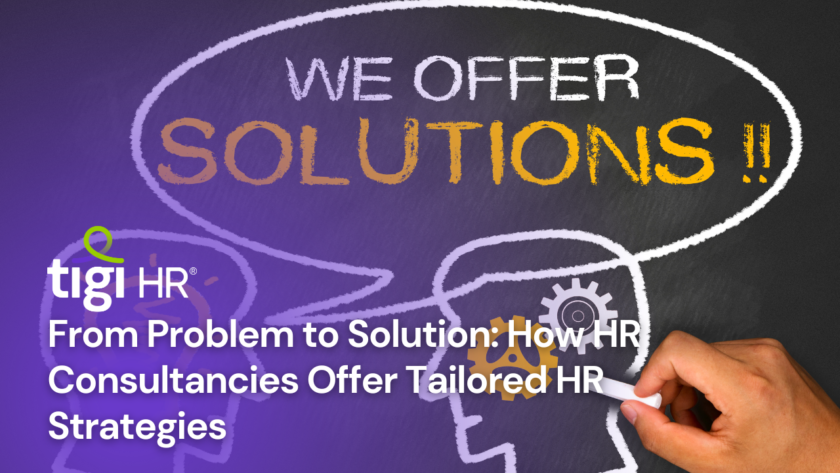Joining a new company is an exciting and transformative experience for any individual. As an integral part of this journey, the Human Resources (HR) department plays a pivotal role in ensuring a smooth transition and integration for new employees. From the moment a new employee walks through the door to their first few weeks on the job, core activities of HR are essential in fostering a positive and productive work environment. This article delves into the key responsibilities and activities of HR professionals during this critical phase.
1. Onboarding and Orientation
The onboarding process is a crucial element in a new employee’s integration. HR leads this process by providing essential information about the company, its culture, policies, and procedures. This helps new employees feel welcomed, informed, and aligned with the company’s values and goals.
- Documentation and Compliance: HR ensures that all necessary documentation, such as employment contracts, tax forms, and company policies, are properly completed and filed. This ensures legal compliance and sets clear expectations for both the company and the employee.
- Orientation Programs: HR organizes orientation sessions that introduce new hires to the company’s history, structure, mission, vision, and values. This helps employees understand their role within the larger organization.
2. Benefits and Compensation
HR is responsible for facilitating a transparent and equitable compensation and benefits structure. This involves:
- Salary Negotiation and Review: HR helps new employees understand their compensation package, including base salary, bonuses, and any other perks. They also facilitate discussions around salary negotiation if applicable.
- Benefits Enrollment: HR guides employees through the process of enrolling in health insurance, retirement plans, and other benefits offered by the company.
3. Training and Development
To ensure new employees can excel in their roles and contribute effectively, HR provides training and development opportunities:
- Skill Development: HR identifies training needs and arranges skill development workshops or courses that align with the employee’s job requirements and career aspirations.
- Mentorship and Coaching: HR may pair new employees with mentors or coaches who can provide guidance, answer questions, and offer support as they settle into their roles.
4. Employee Relations
HR plays a crucial role in maintaining positive employee relations by:
- Conflict Resolution: In the event of conflicts or misunderstandings, HR serves as a mediator, providing a safe and confidential space for employees to express concerns and find resolutions.
- Feedback Mechanisms: HR establishes channels for new employees to provide feedback about their onboarding experience and any challenges they might be facing.
5. Monitoring and Follow-Up
After the initial onboarding process, HR continues to monitor the progress of new employees:
- Check-ins: HR conducts regular check-ins to gauge how well the employee is adjusting to the new role, address any concerns, and ensure they have the necessary resources to succeed.
- Performance Evaluation: HR collaborates with managers to conduct performance evaluations at defined intervals, providing constructive feedback and setting goals for the future.
Conclusion on Activities of HR
The first few weeks and months of a new employee’s journey are crucial for establishing a strong foundation for their success within a company. Human Resources professionals are instrumental in orchestrating this process, from onboarding and orientation to training, development, and ongoing support. By actively engaging in these core activities, HR helps new employees integrate seamlessly, fostering a positive work environment and contributing to the company’s overall growth and success.





